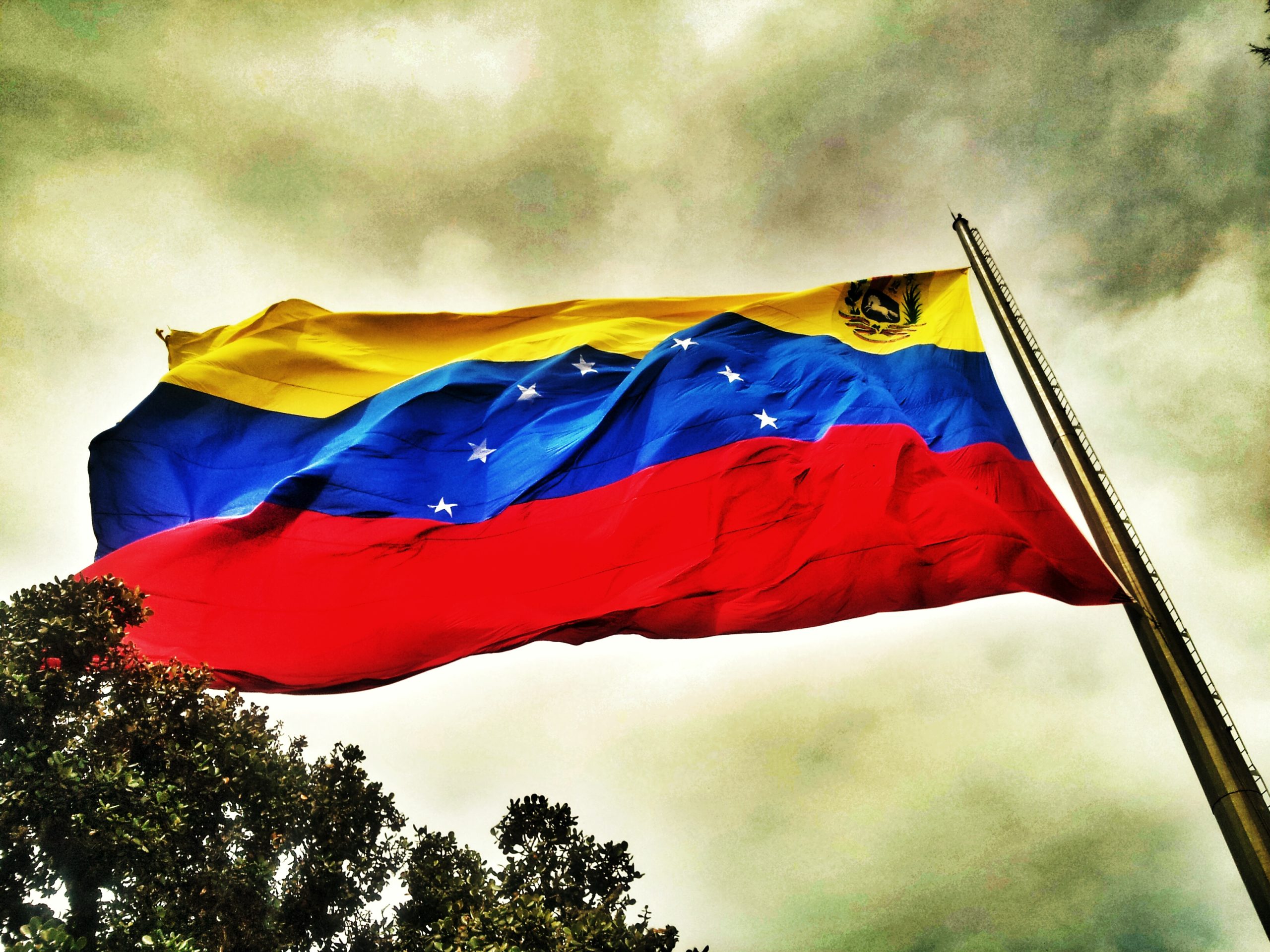Once more, we are seeing reports of throttling and connectivity disruptions in Venezuela. That’s a threat to free expression and other human rights at a critical moment: this Sunday, July 30, Venezuelans will vote on a Constitutional Assembly that could cement authoritarian rule for the beleaguered nation.
What is the current situation on blocking and throttling in Venezuela?
The status of digital rights in Venezuela has sunk to an all-time low. In addition to the surveillance of activists that Access Now reported on earlier this year, and the authorization of government policing and filtering of online content, activists and internet services are now reporting problems with internet connectivity that raise significant concern in light of the vote this Sunday to convene a Constitutional Assembly.
You may have seen news reports on the deterioration of Venezuela’s economy. People are regularly flooding the streets to protest problems like dwindling food supplies, massive monetary inflation, and closed political processes, speaking out even in the face of an oppressive ban on public protest. The oppression and censorship continues online. Over the past month, there have been a series of network disruptions. Venezuela Inteligente, a local NGO, reported the first block on June 28 of DNS addresses for a number of social media networks, which stopped users from accessing those services for an hour.
That was just the beginning. Over the past week there have been reports of throttling on the networks of state-run internet provider CANTV. We cannot verify the causes for the throttling, but based on Venezuela’s pattern of systemic repression of speech and its lack of investment in public utilities, we see two possibilities: either the government is intentionally throttling internet access, or the networks have succumbed to the increasing deterioration of infrastructure. Regardless of the cause, the government is failing to protect and promote the exercise of the fundamental rights that the internet enables, just when people need it most, harming the freedom of expression, the right to assembly, and political participation in the lead-up to the vote.
We’ve been here before: A history of blocking and throttling in Venezuela
Blocking websites and throttling internet services is nothing new in Venezuela. People have been coping with online censorship for years. In 2010, the government passed the Social Responsibility in Radio, Television and Electronic Media Law. This law was written to allow government blocking of “inappropriate content.“ Recent research by the Instituto Prensa y Sociedad (“IPYS”) concluded that as a result of that law, at least 43 websites have been blocked (you can find more information about the blocked websites on the IPYS webpage). In 2014, the state-run internet provider CANTV blocked the walkie-talkie app Zello, which at the time was in widespread use during protests.
Earlier this year, the government passed the Executive Order 2489, which authorizes even more internet policing and content filtering.
Together, these laws and regulations deprive ordinary internet users and activists alike of their human rights to freedom of expression and access to information online.
For Access Now, this context makes the recent reports of daily internet throttling even more troubling, especially in light of the ongoing protests and upcoming elections for a Constitutional Assembly, a body that the opposition party does not see as legitimate. If Venezuela is in fact disrupting connectivity in advance of Sunday’s vote, we count this as an internet shutdown and will notify the #KeepItOn coalition that Venezuela represents yet another front in the fight against this destructive trend worldwide.
Connectivity is an old problem in Venezuela
Since the nationalization of telecommunications provider CANTV in 2007, there has been no significant improvement in the quality of connectivity in Venezuela. According to the U.N.’s Economic Commission for Latin America and the Caribbean, Venezuela has the slowest average broadband connection speeds of the region.
This problem is exacerbated by the ongoing economic crisis, which makes it harder for people to pay for an internet connection, in turn threatening the capacity of CANTV, the state-owned incumbent in DSL broadband, to invest in improving its services. Several plans for improving connectivity have been announced but people are still relying on limited connectivity or – for those who can afford it – on connections via mobile services. There are also failures in the electrical grid, including planned shutdowns in some areas, and that impacts connectivity.
With weak connectivity and censorship, there is little hope for digital rights
This combination of factors — the continued deterioration of access to the internet, and when people go online, censorship and surveillance — is causing a crisis for digital rights in Venezuela, and harms in particular those most at risk, such as journalists, human rights defenders, and activists. People in Venezuela rely on access to the internet to express their political views, report human rights abuses, and organize, especially now that the government is imposing harsh policies that target traditional journalists and media.
We urge the government of Venezuela to adhere to international human rights standards, and uphold its responsibility to promote the freedom of expression, allowing people to access the internet freely and without fear of surveillance or censorship. This freedom is particularly important during elections and times of political crisis.
What can you do to help?
We encourage you to share the news about the situation in Venezuela on Twitter or Facebook, and to keep track of news and developments on internet disruptions through our global Keep It On campaign. For the latest news about internet throttling and blocking in Venezuela, follow our partner organization Venezuela sin filtro. And if you’d like to track the discussion about free expression and privacy worldwide, we invite you to sign up for action alerts and the Access Now Express, our weekly digest of news on the fight for digital rights across the globe.
